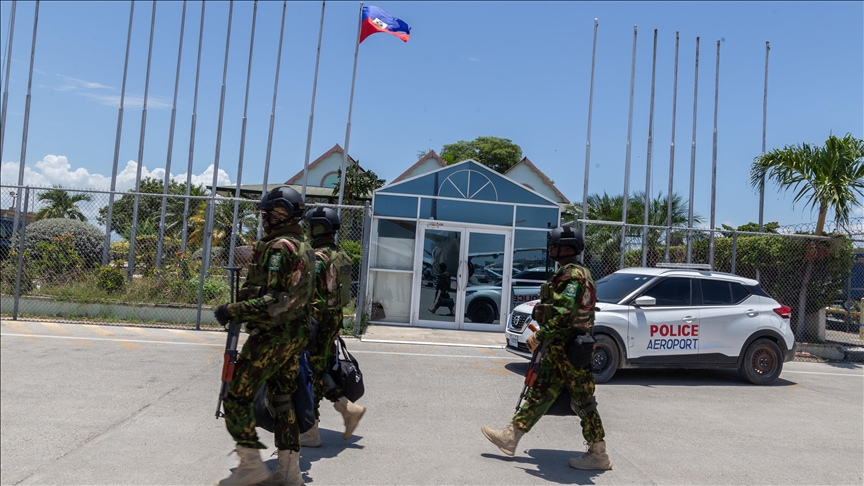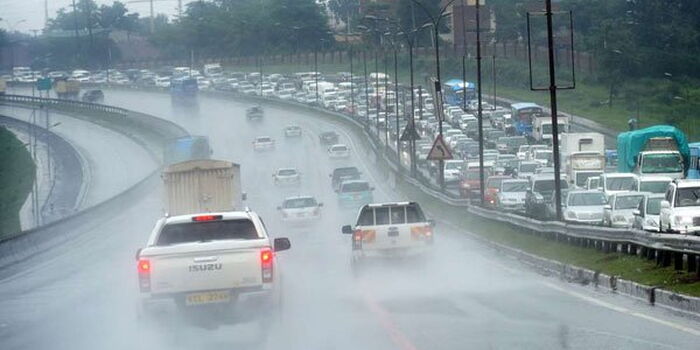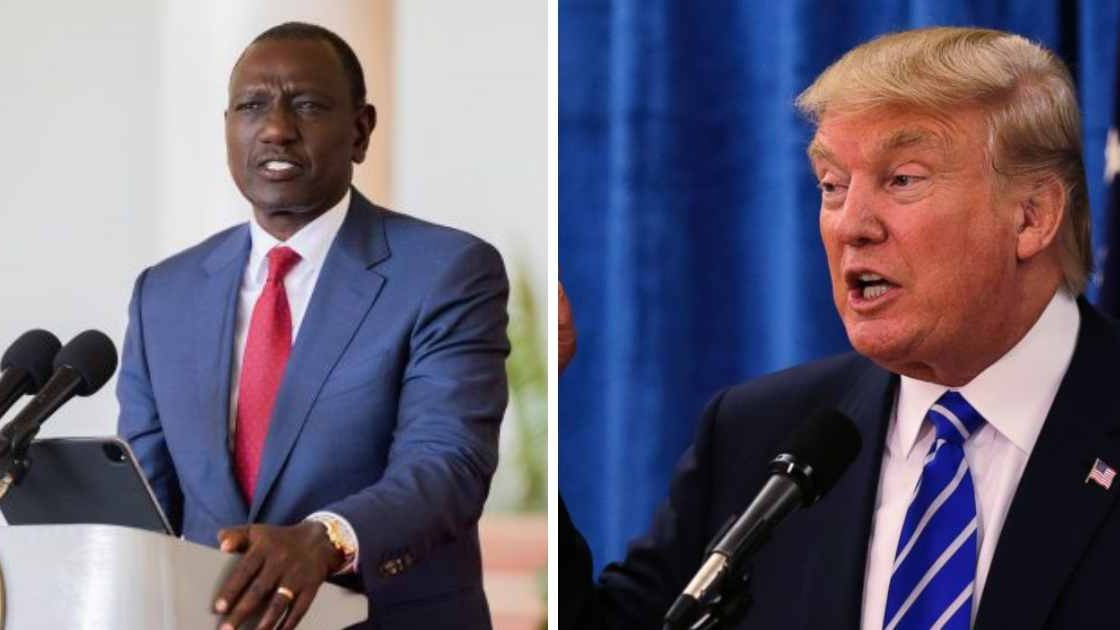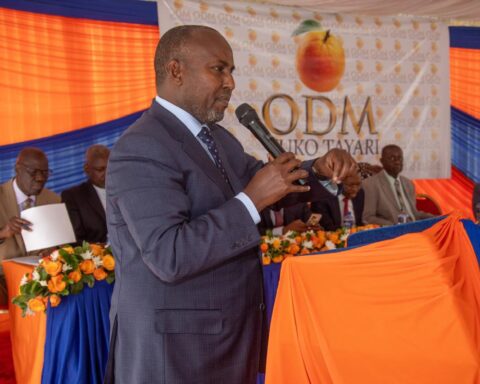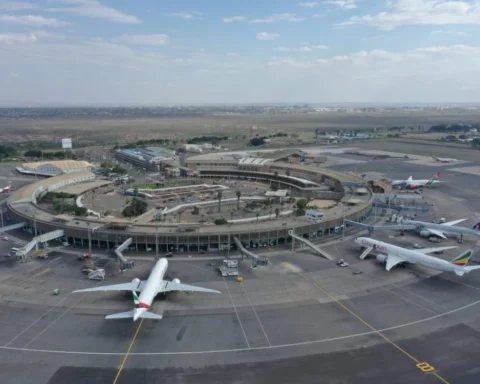A fresh wave of violence near the U.S. Embassy in Port-au-Prince has ignited growing concerns over the safety of Kenyan police officers recently deployed to Haiti as part of a UN-backed peacekeeping mission. The alarming incident, which involved sustained gunfire close to key diplomatic zones, underscores the mounting challenges the officers face in a country gripped by gang warfare, political instability, and a collapsing security infrastructure.
The shootout, which occurred just days after the initial Kenyan security team touched down in Haiti, involved heavily armed gangs clashing with law enforcement near the embassy compound, only a few kilometres from the base where Kenyan officers are believed to be stationed.
Local media reported heavy automatic gunfire that lasted several hours, sending residents and embassy staff into lockdown. The attackers, suspected to be from one of Haiti’s most notorious criminal factions, were reportedly targeting government installations in a show of force.
The Kenyan-led mission, which includes 1,000 police officers under the Multinational Security Support (MSS) framework, is tasked with restoring order in a country overrun by gang activity. However, the volatile security situation raises serious questions about preparedness, mission strategy, and whether the deployed officers have sufficient intelligence and logistical support to navigate Haiti’s violent underworld.
Human rights organizations and security analysts have raised red flags, urging Nairobi and the international community to assess the evolving threat landscape and ensure adequate safeguards are in place. Back home, families of deployed officers are voicing fears, demanding frequent updates and assurances of their loved ones’ well-being.
As violence escalates in Port-au-Prince, the gunfire near the U.S. Embassy may only be a forewarning of the risks Kenyan officers are walking into, and a grim preview of the mission’s uphill battle to stabilize Haiti.
